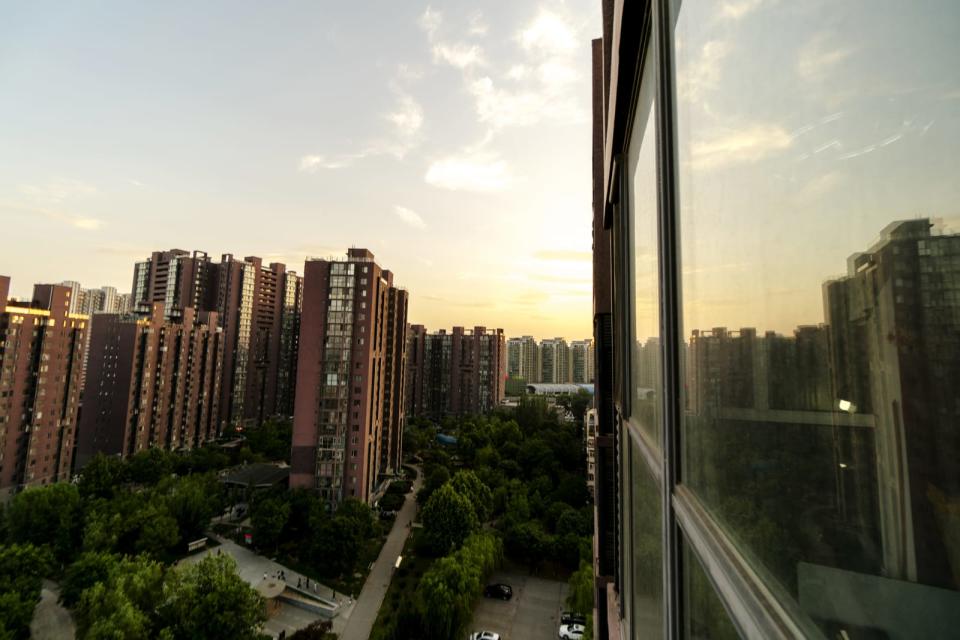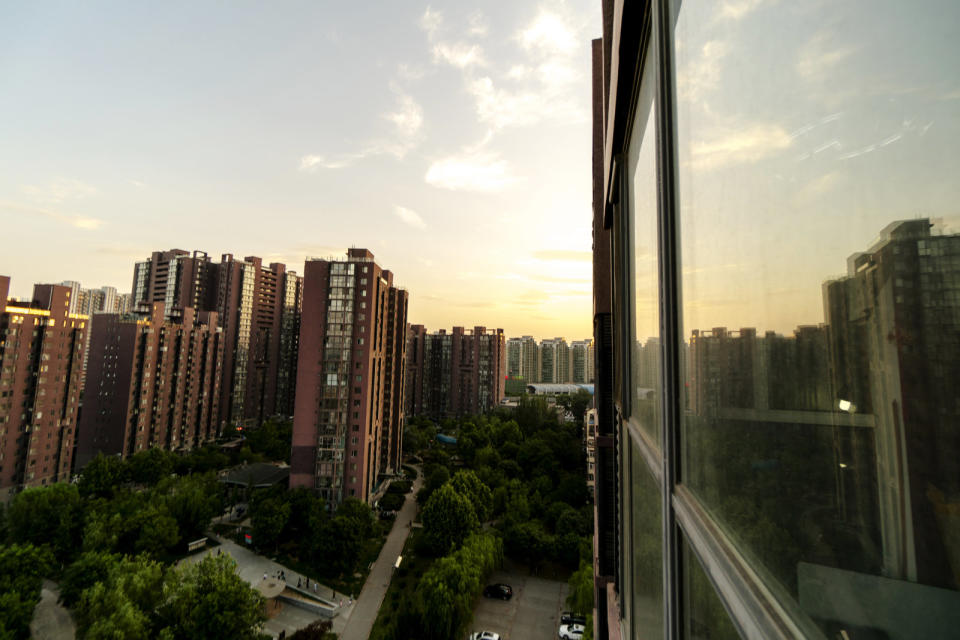Beijing uses face-detecting smart locks to curb public housing abuses
Privacy, unfortunately, takes a back seat.
China's ever-growing reliance on facial recognition is spreading to public housing. Beijing is ramping up the use of face-detecting smart locks in public housing projects to bolster security for tenants (such as denying access to strangers) and crack down on abuses like illegal sublets. It even asks management to check on senior residents if they haven't entered or left their homes after a certain period of time.
There are 47 projects using the technology as of the end of 2018, but the city now aims to have it in every project (serving about 120,000 tenants) by the end of June 2019.
As with other uses of facial recognition in the country, this convenience comes at a steep cost to privacy. The building owners know exactly when tenants enter or leave, and the restrictions on strangers could make it difficult to invite guests without the building's knowledge. And since this is public housing for low-income families, residents frequently won't have a choice but to live with this surveillance.


